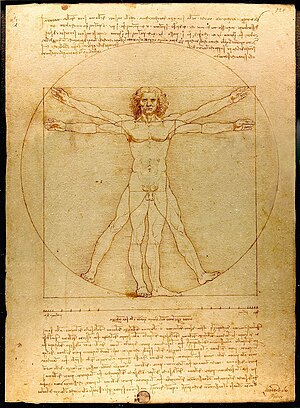Image Processing: Oliver Czernetz - Data: Digitized Sky Survey (POSS-II)
Quote for the day,
"Concepts without precepts are empty. but precepts without concepts are blind." - Immanuel Kant
Thought for the day . . . Aegean collapse and Greek philosophy,
My initial exporation of the Greek period focused more on Greek mathematics; i've recenlty learned some of the value of their philosophy.
The word Renaissance makes most people today(21st century through the past to the Renaissance) think of the European 1500s Renaissance. Before then, there's what the Renaissance people called 'the dark ages.' But, another dark ages has become the greatest archaeological mystery of the last hundred years or so. This dark ages led to the Greek renaissance from 600 B.C. to the Athens golden age. The Athenian high point really only lasted a generation or two before the Spartans ganged up with the Persians, other Greek city-states that didn't like being taxed to put up the Parthenon. And then, the Macedonians of Alexander the Great led to the beginning of the Hellenistic Roman period which really made Athens just a city in the Hellenistic mediterraenean.
Before this dark ages before the Greeks and the Israelites, there was the world of the Egyptians, Hittites, and Minoans(also Babylonians). A recent book about the Aegean collapse is getting a little popular. Eric Cline's "1177 B.C.: The Year Civilization Collapsed." I'm not going to explain what the conclusion is; really, the conclusion is complex and inconclusive. I'll say that their world became to big to administer. One could say much the same happened with the Romans. I've of course argued for a certain religious anti-science that took over. I don't think this happened with the late bronze age. But, I do think that because they didn't spend their time and wealth(whether you want to call it money back then or not) on science and technology to make everything from agricultural to dealing with pirates, they collapsed.
Because of the collapse of these hugh empires, more people were able to learn on their own and what they wanted to learn. As everyone notes, the Greeks before the Athenian period were a bunch of city-states. These city states evolved in a diversity of ways. The contrast between the Spartans and Athenians is particularly striking. But, the fact is the Greeks diversity allowed a certain amount of questioning of various assumptions/beliefs. The video below talks about some interesting Greek philosophy. Rebecca Goldstein mentions the Greek tragedies argued for doing science/art to make life worth living.
Some more Greek philosophy that I've learned about recently, through Peter Pesic's "Abel's Proof"(chapter one), is Plato, Socretes, and Thaetateous{who made certain generalisations of irrational numbers beyond the Pythagorean proof of the irrationality of the square root of 2; There's infinit series, and with different proportionalities like arithmetic, geometry(addition and multiplicative respectively); Thaetateous made this connection and defined different types of irrationality. Eudoxus then was able to calculate the precise number angles of the Platonic solids . . .)} is how doing mathematics stings you're assumptions. Kind of like how learning the Earth is round and not flat which is what your initial perception is. The Greeks valued this sting as what should happen. Religion tries to prevent this sting.


"the unexamined life is not worth living" - Socrates through Plato
ReplyDelete- when we learn, we do so from our current perspective. When we make progress, there's often imprints of the previous perspective left - such as number names. Deductive reasoning stings ours assumptions(the imprints from our previous perspectives). Mathematics and science through several ways - questioning assumptions - reversible definitions - establishing error/significant figures - noting things like red herrings and other such literary/linguistic hang ups, we establish objective ideas. We put our imprints in their place.